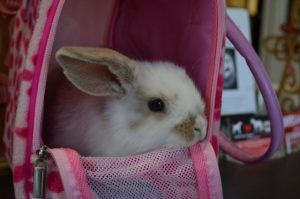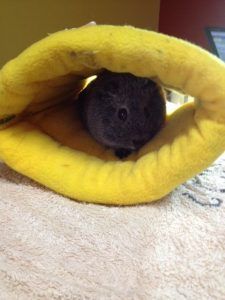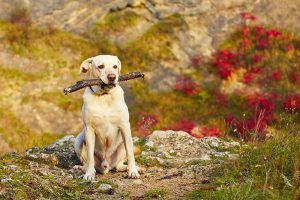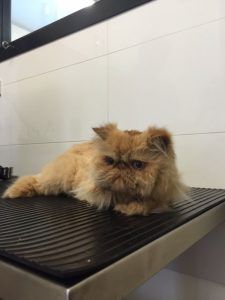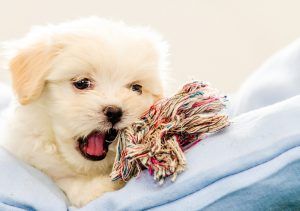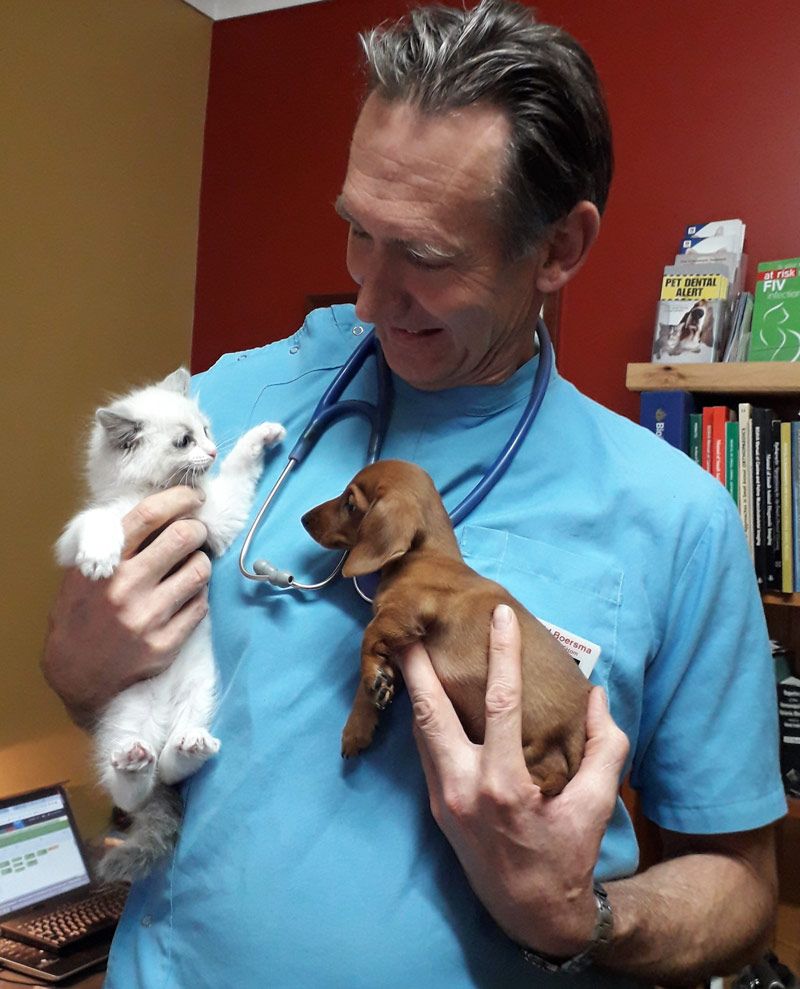Pet Information & Care Blog
Gastrointestinal Blog coming soon..
Sandy Bay, TAS’s Sandy Bay Holistic Veterinary Centre’s pet information and care blog, will help you discover many insightful articles and professional guidance on pet care. Here, we offer insightful advice, up-to-date knowledge, and professional direction to guarantee the happiness and health of your animal friends.
Visit our blog often for a wealth of information about pet care. This is where your road to knowledgeable and caring pet parenthood begins. To remain current on the newest developments in pet welfare, bookmark our blog. Both you and your pets deserve the finest.
Helpful Articles for Pet Lovers
